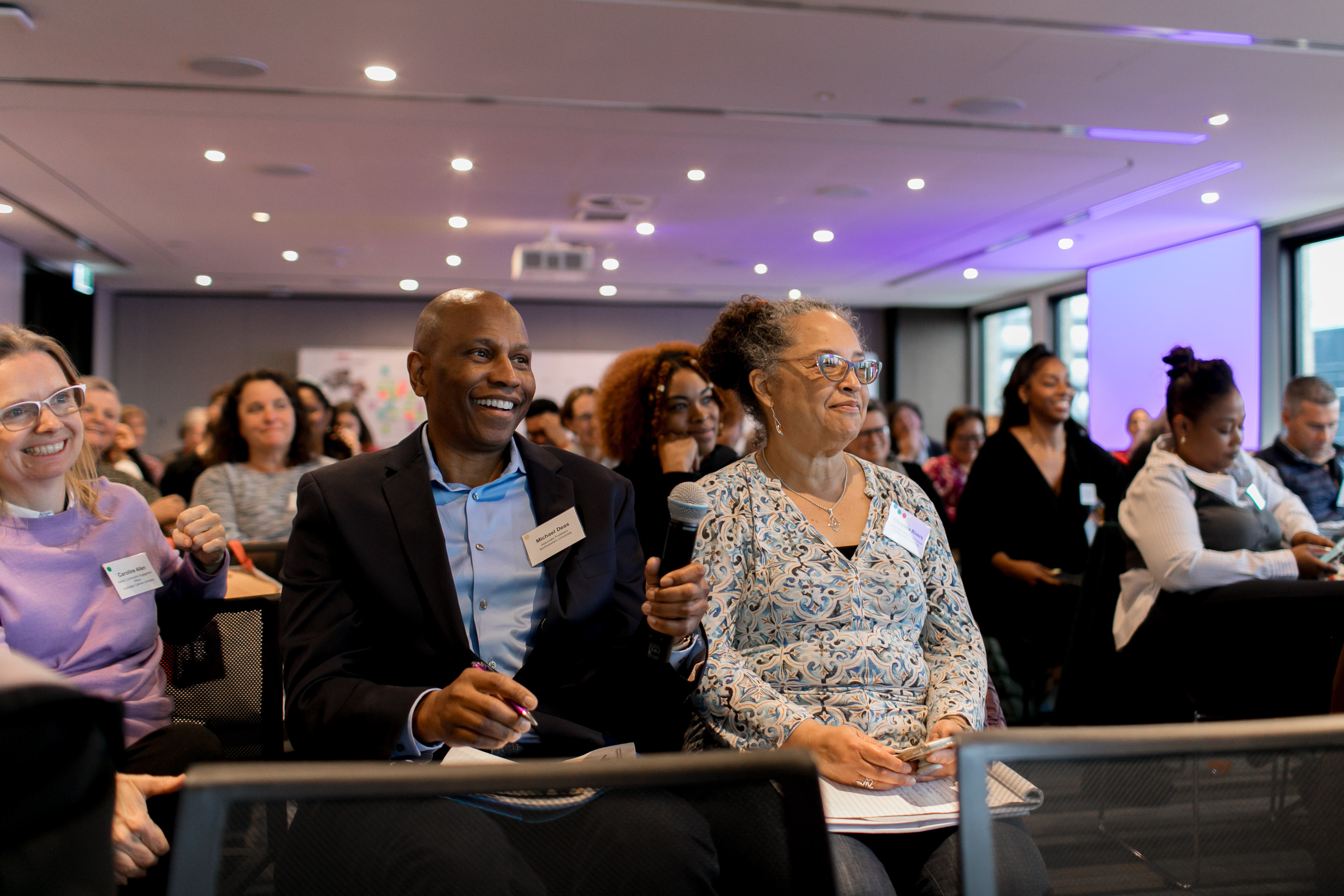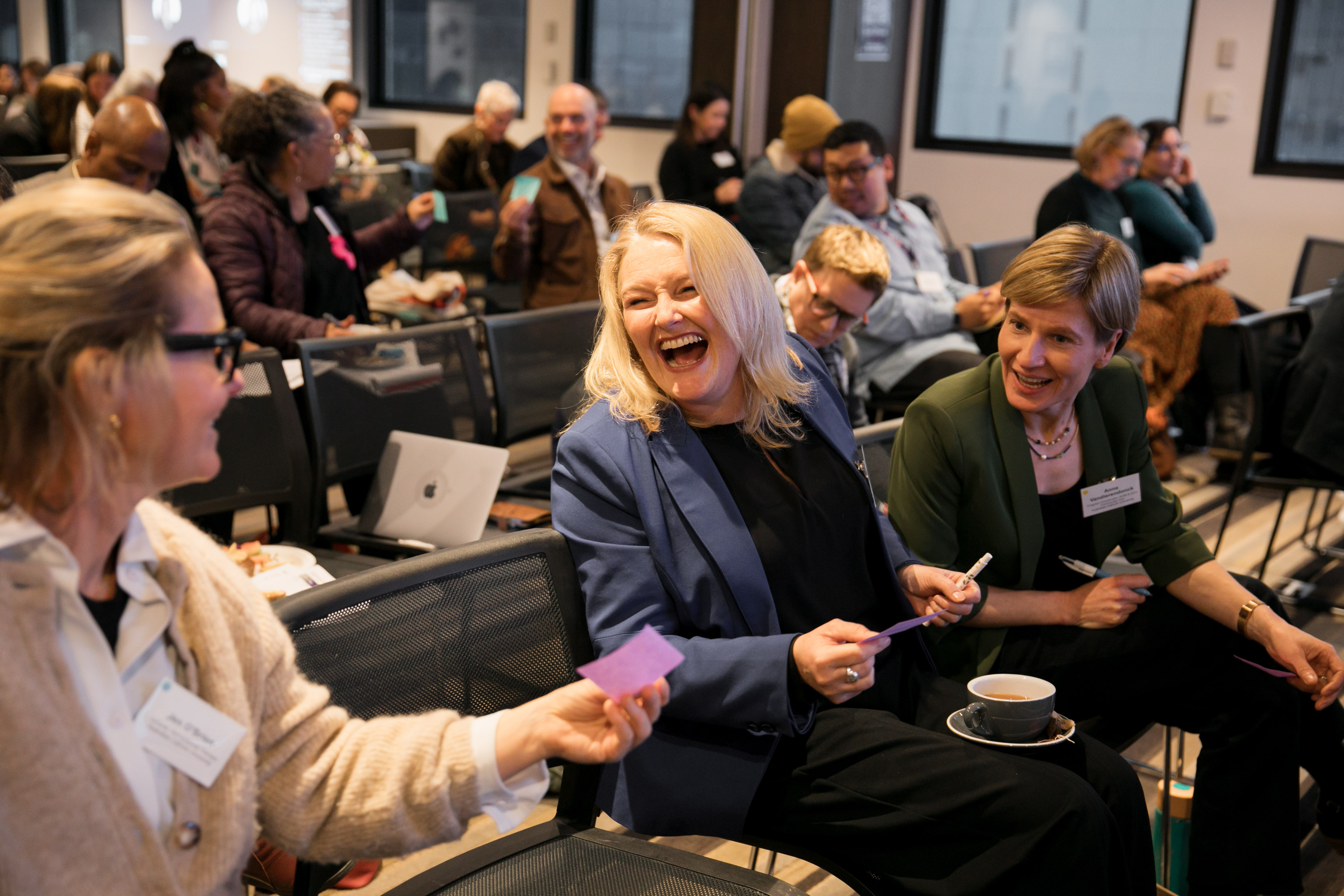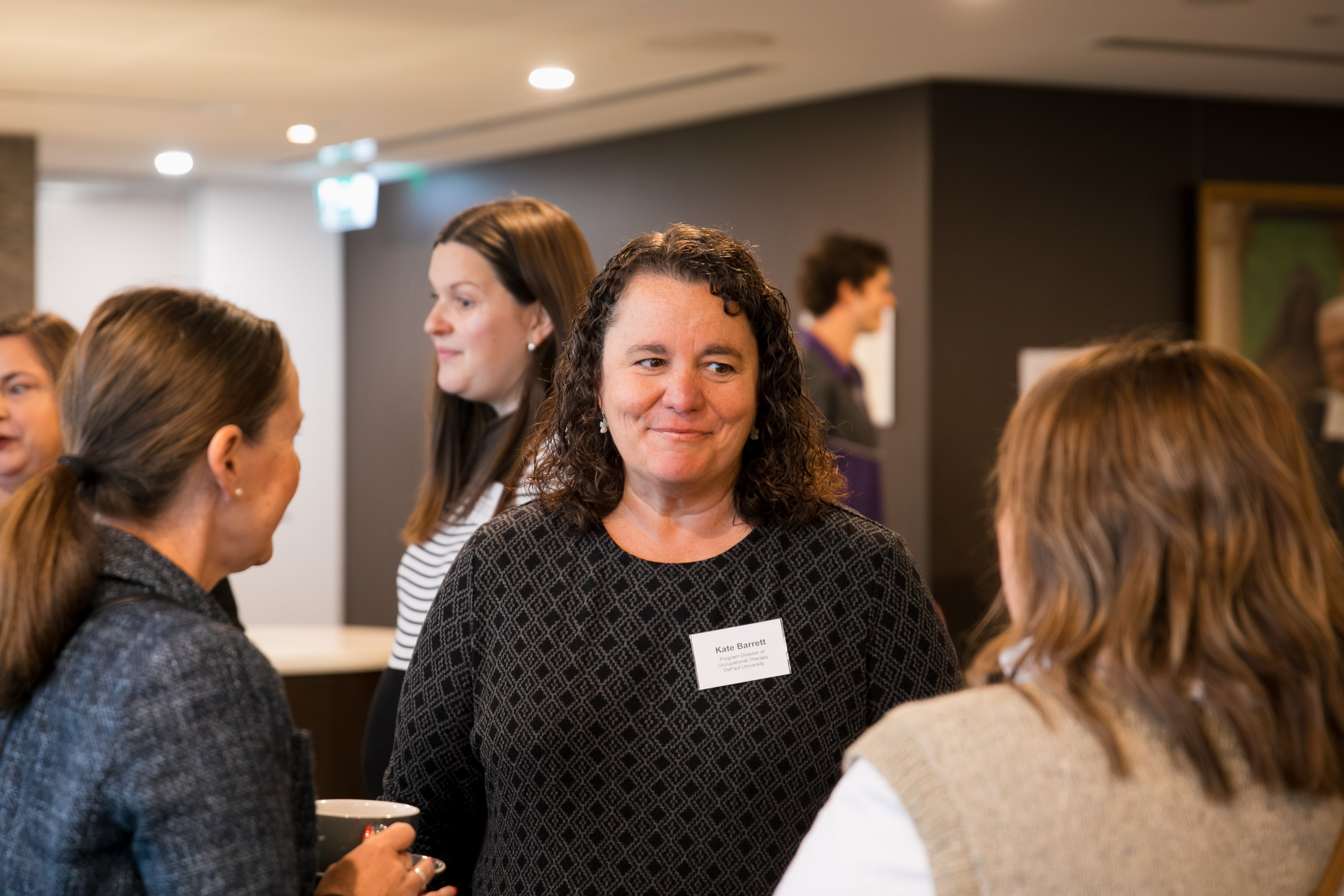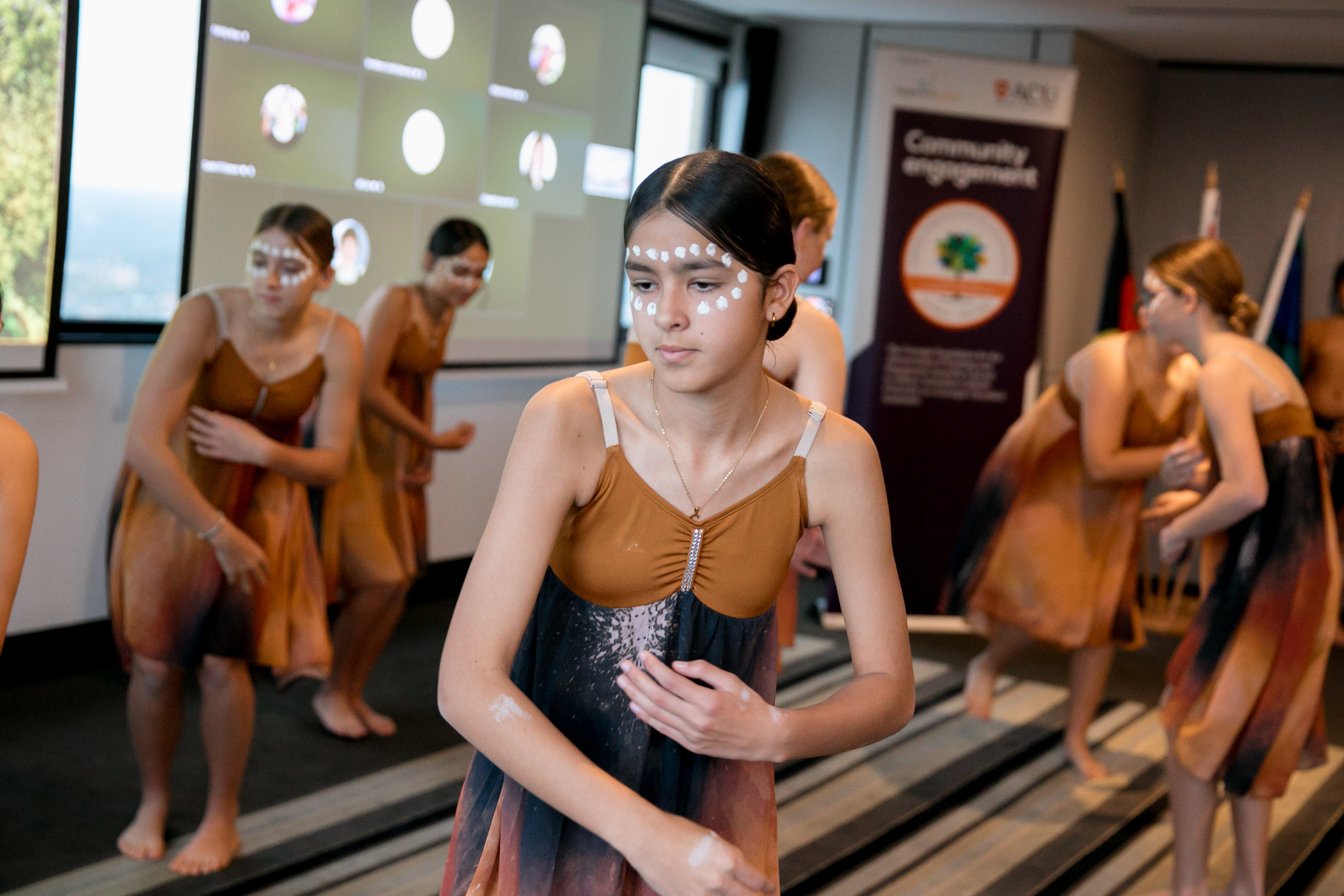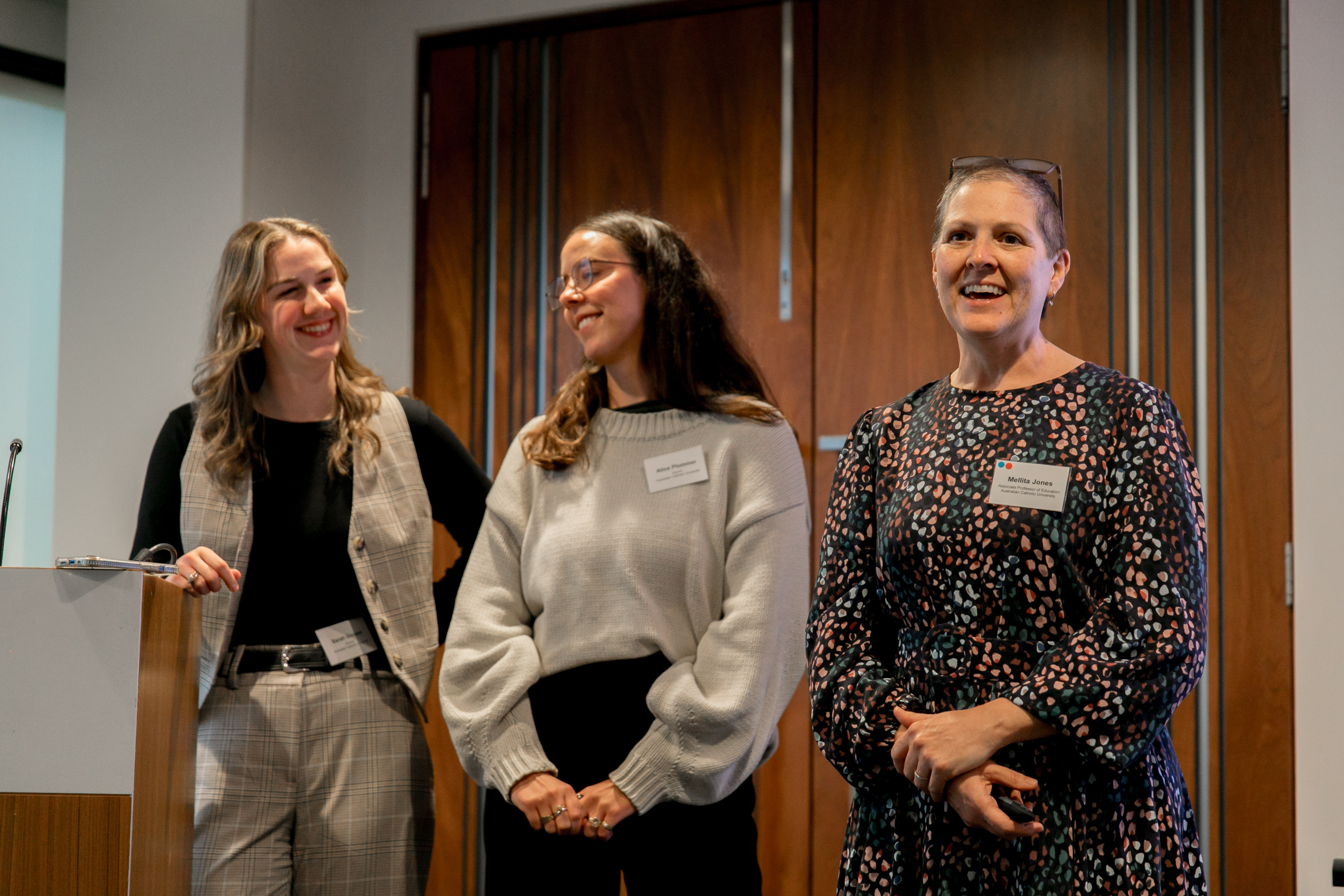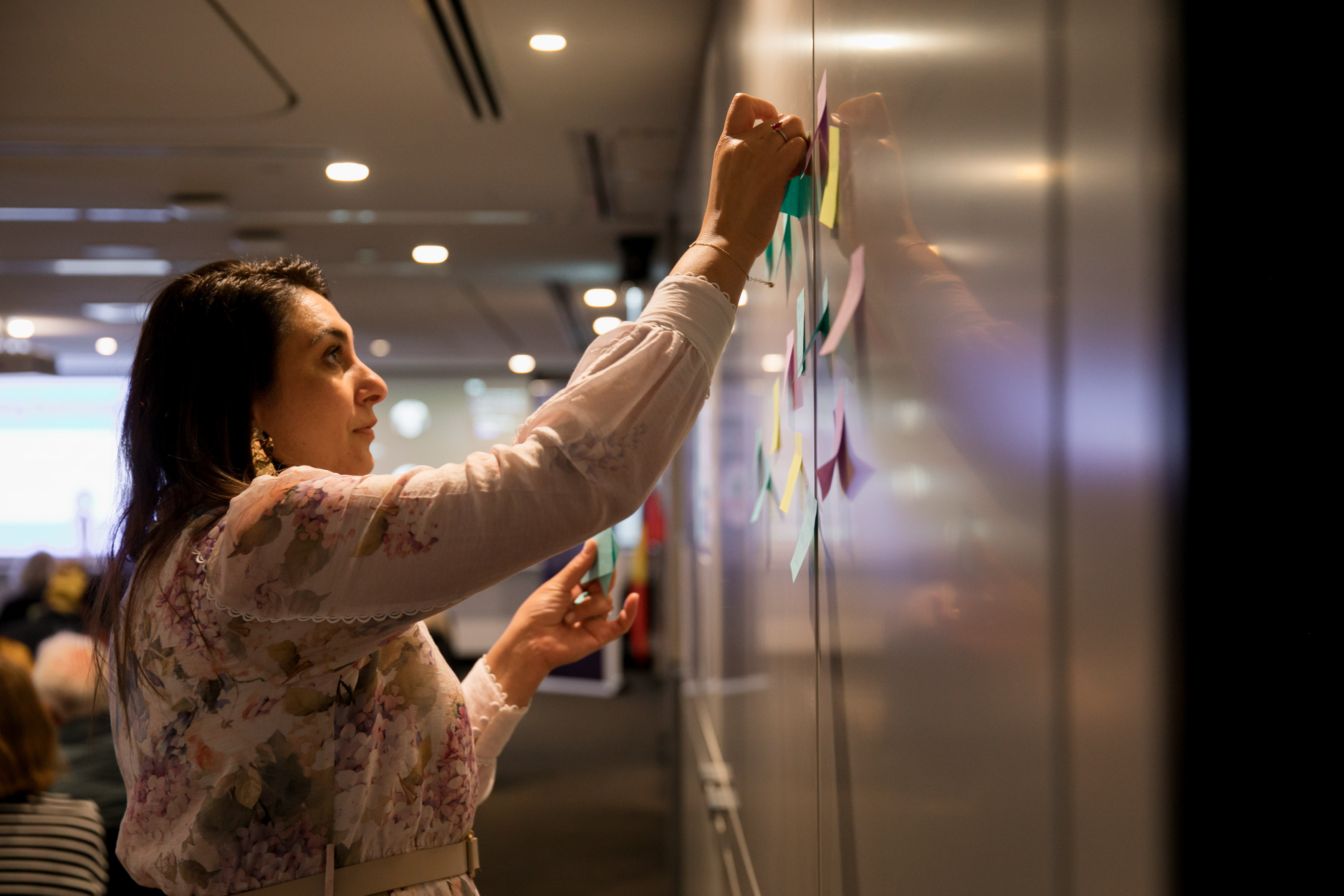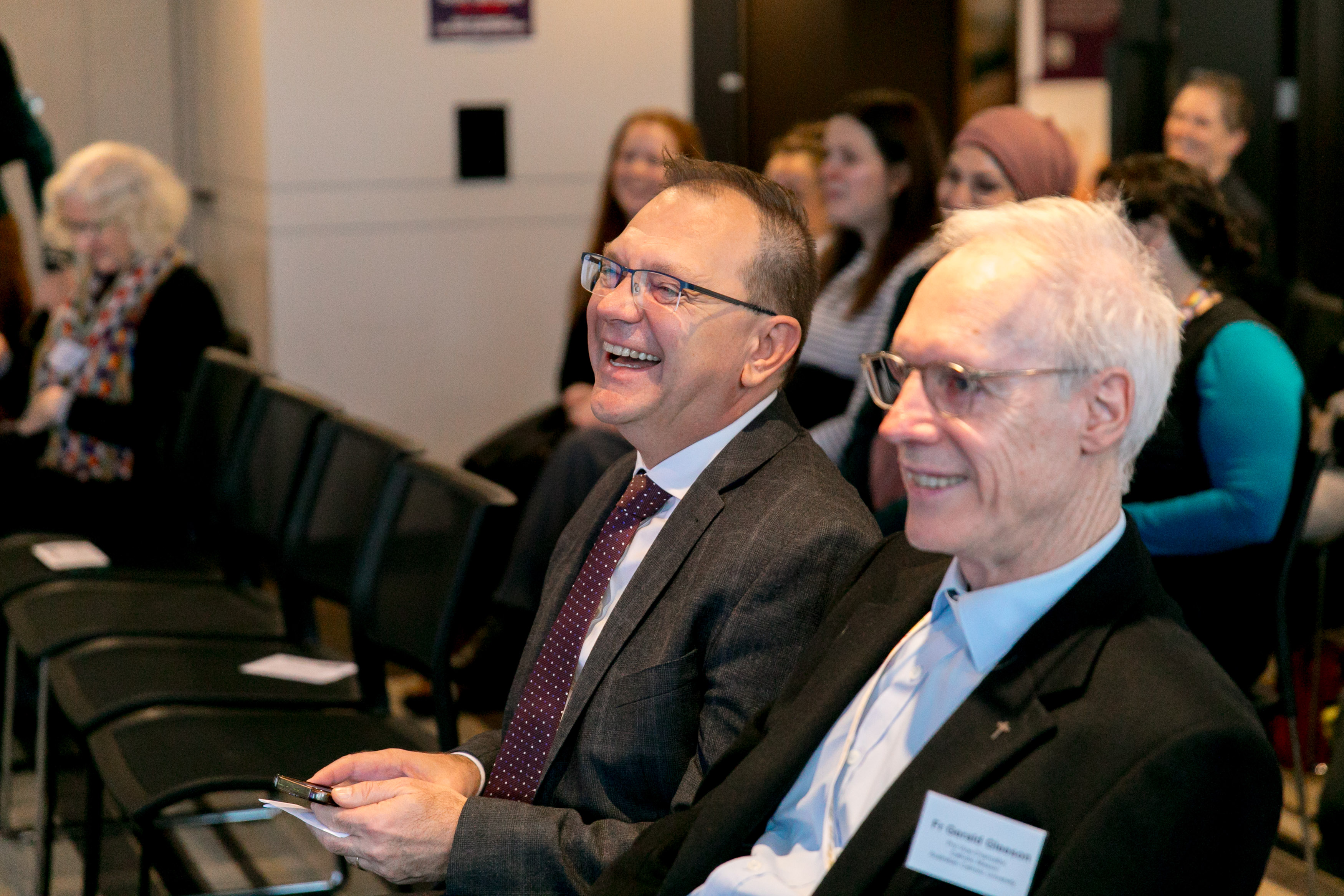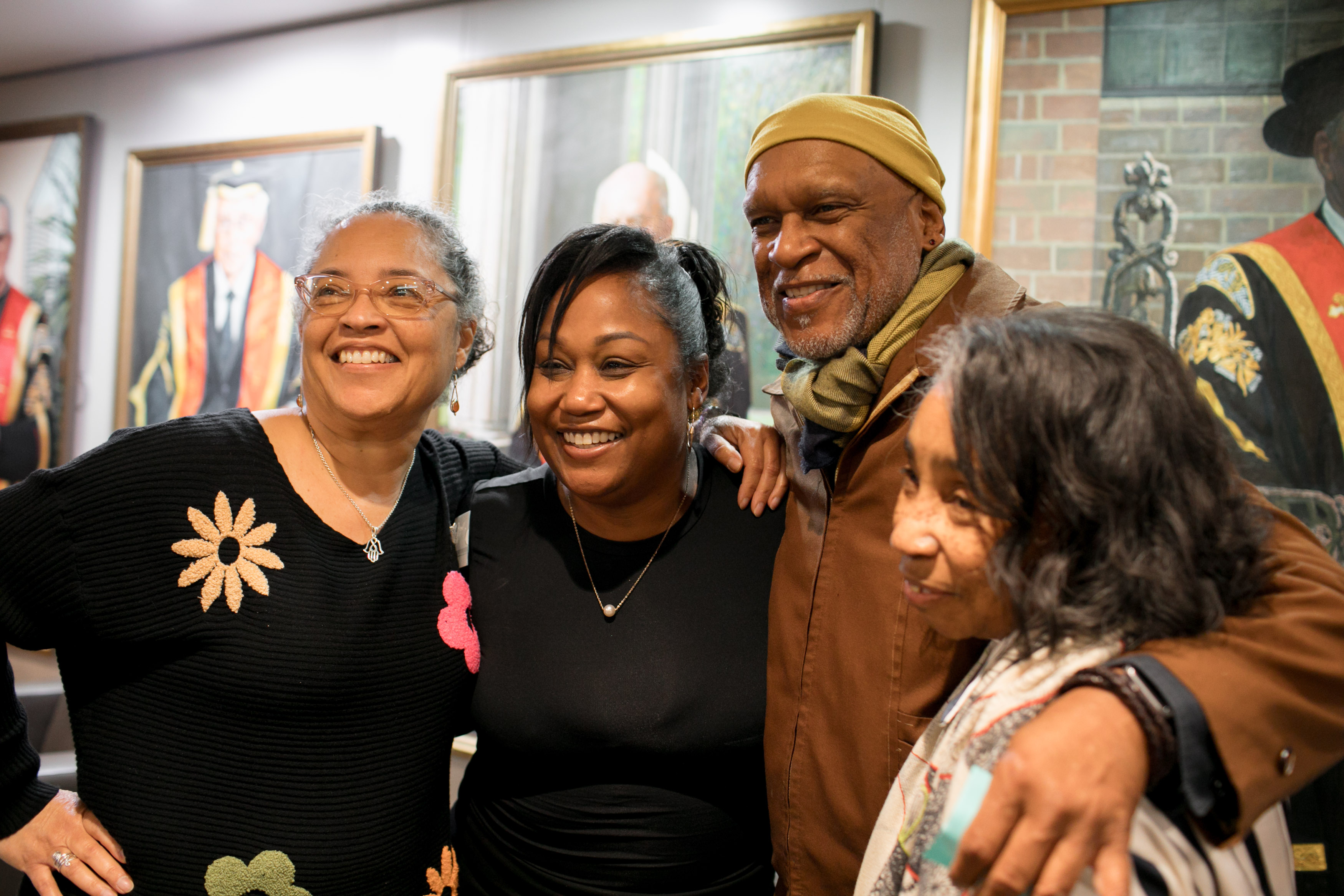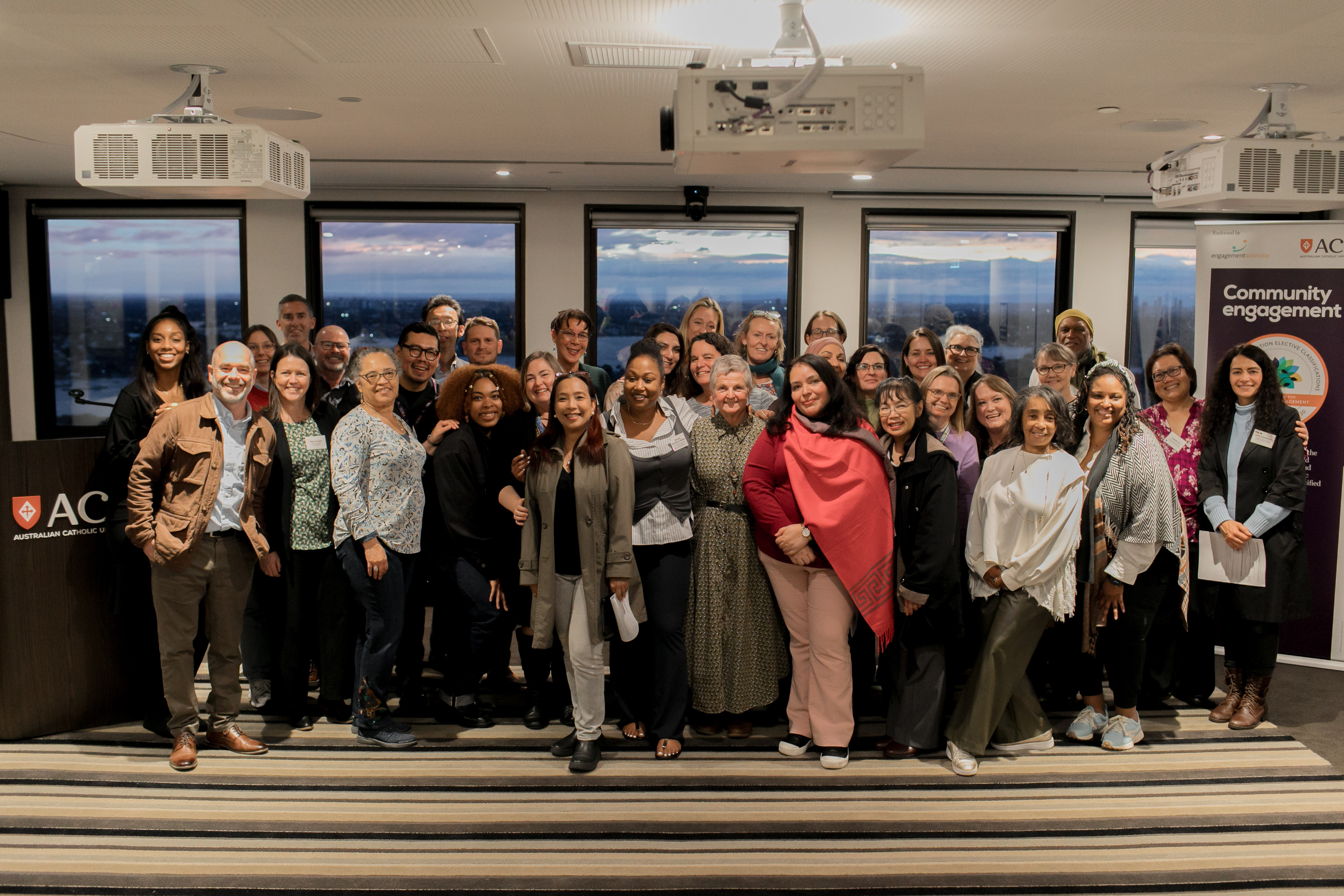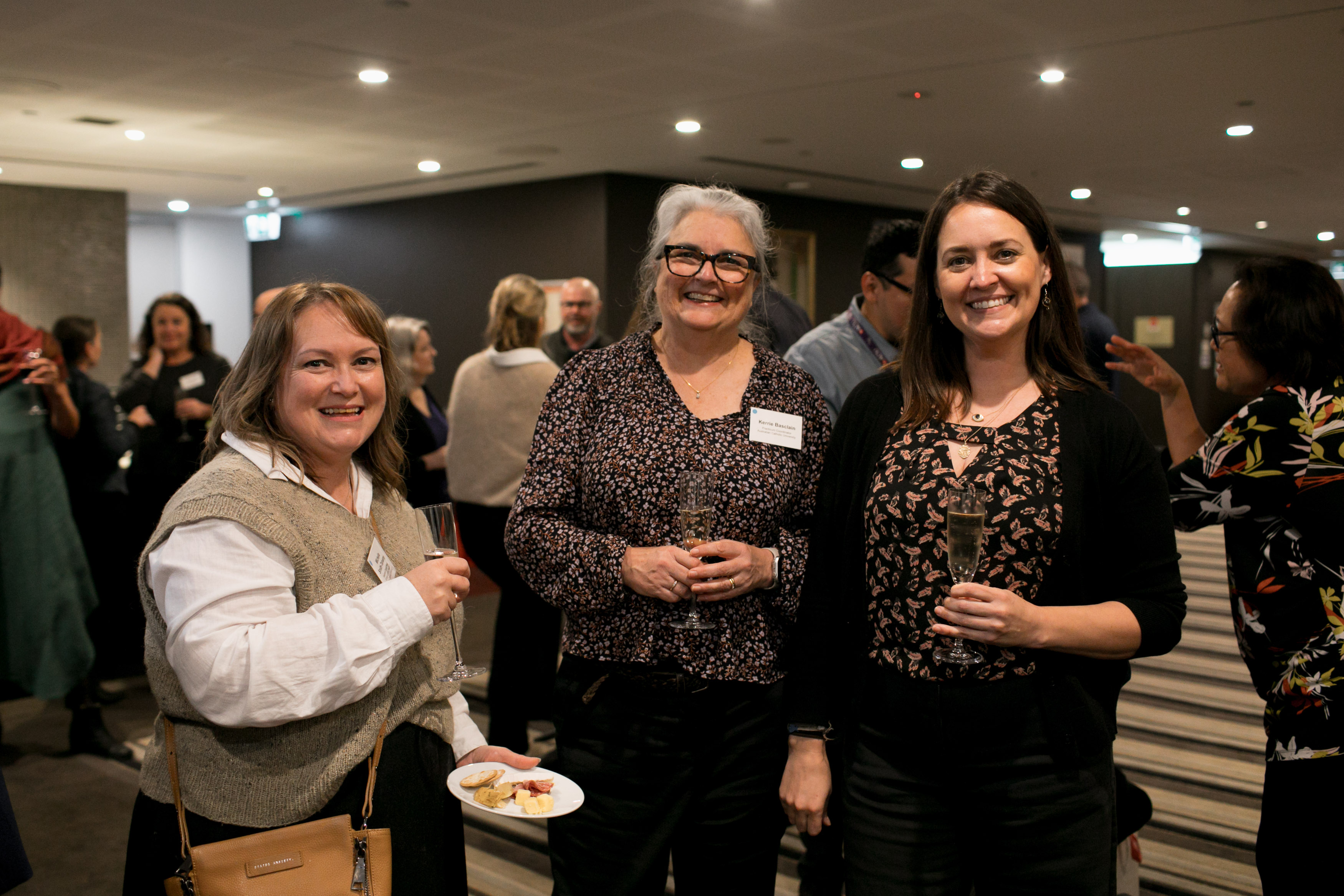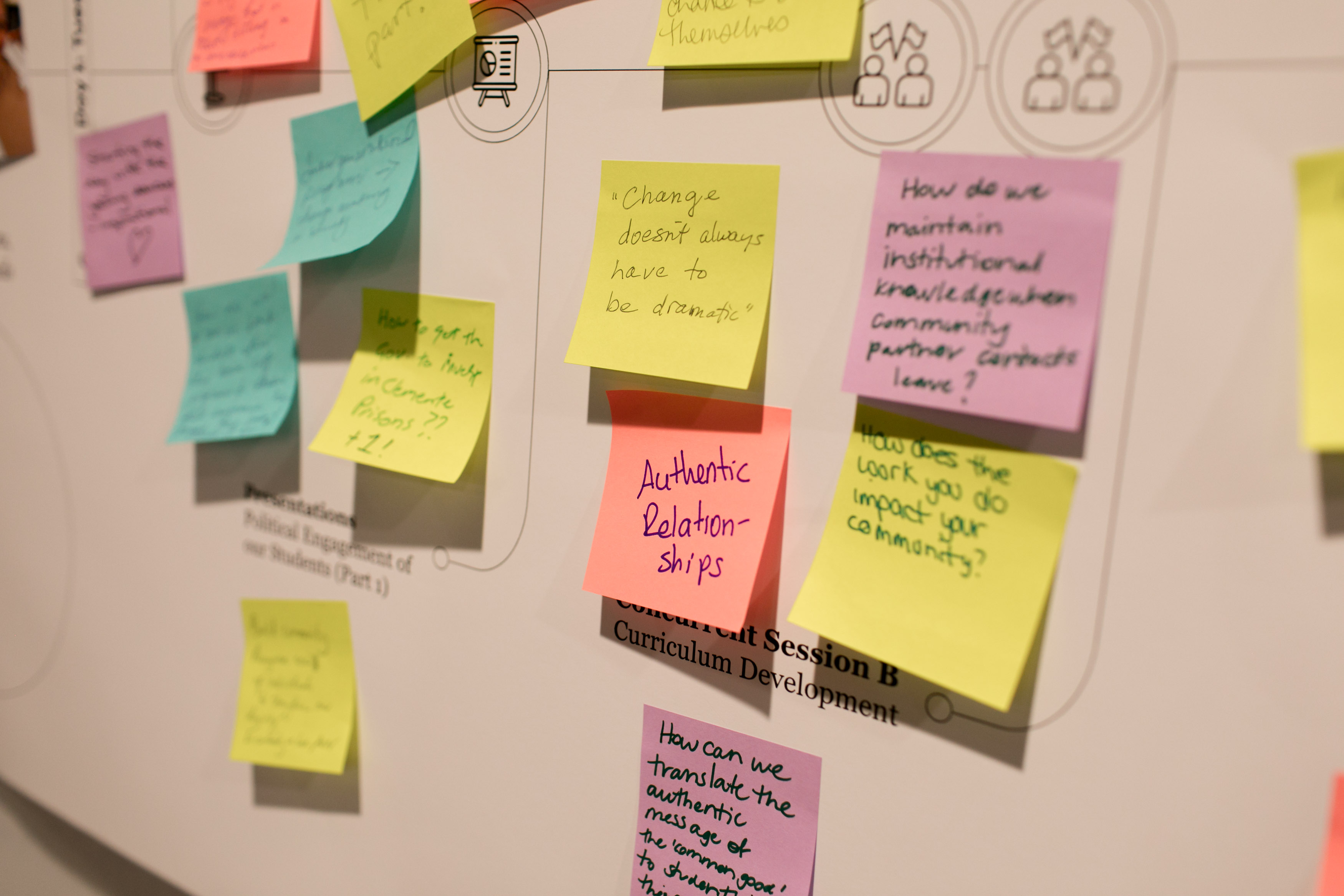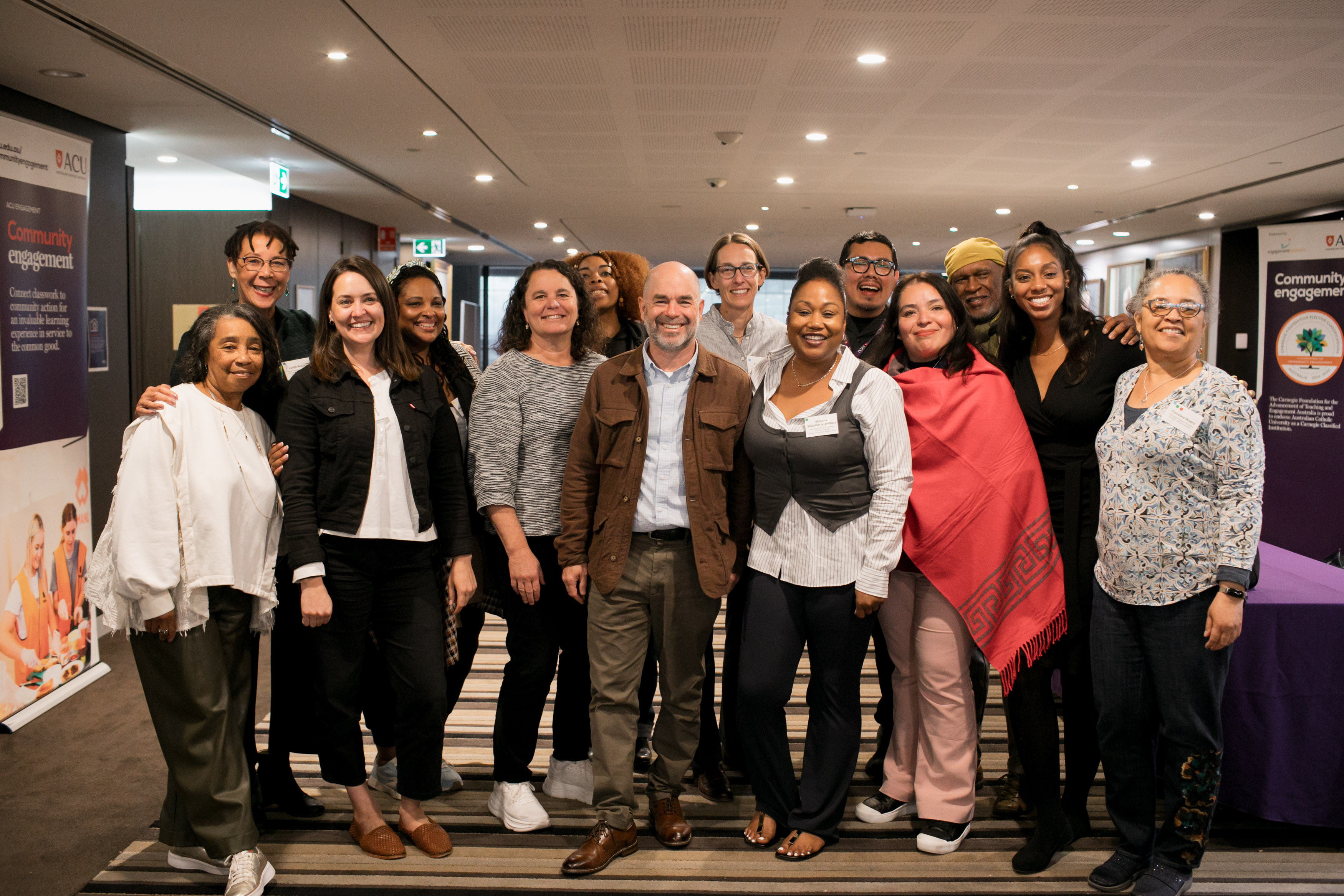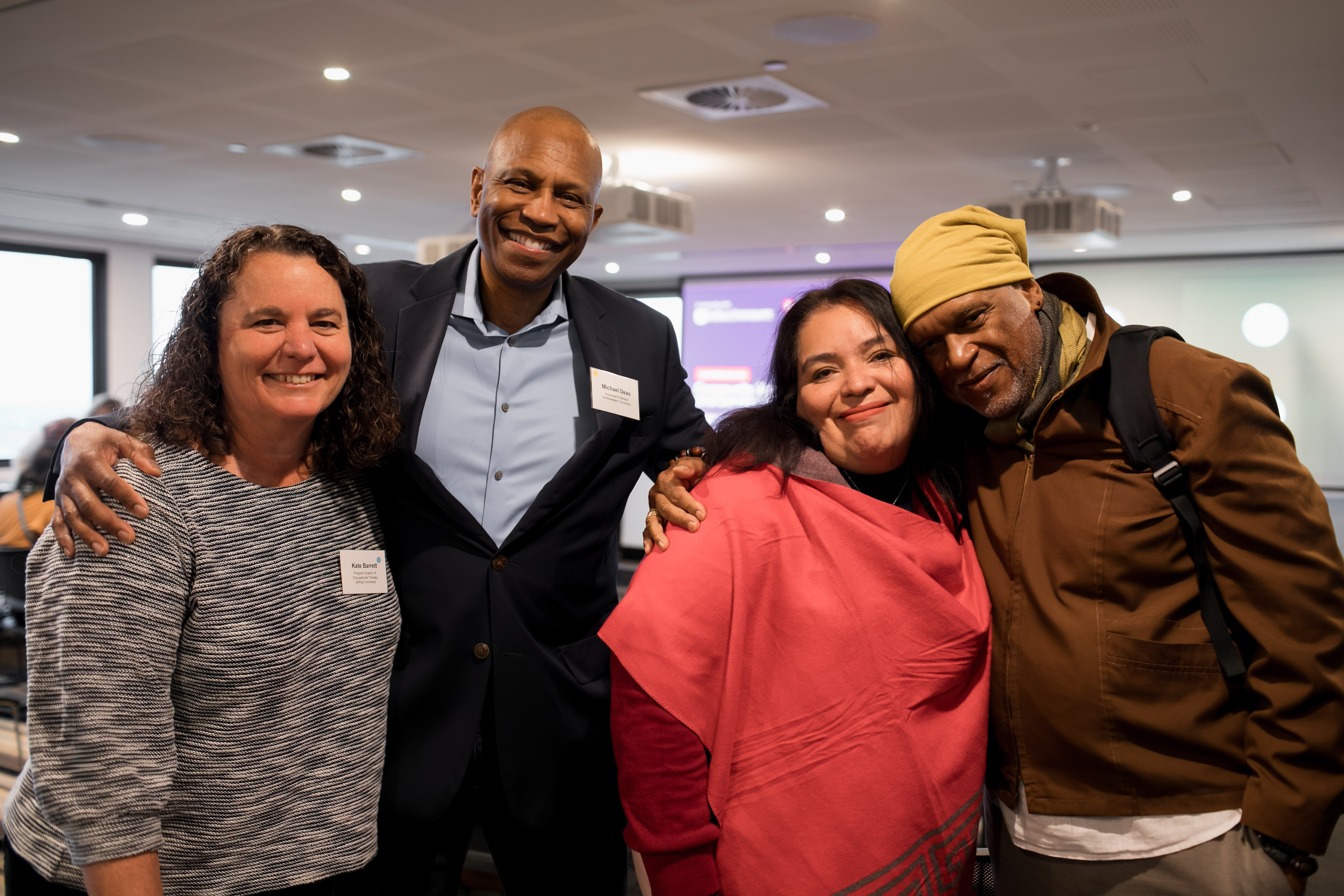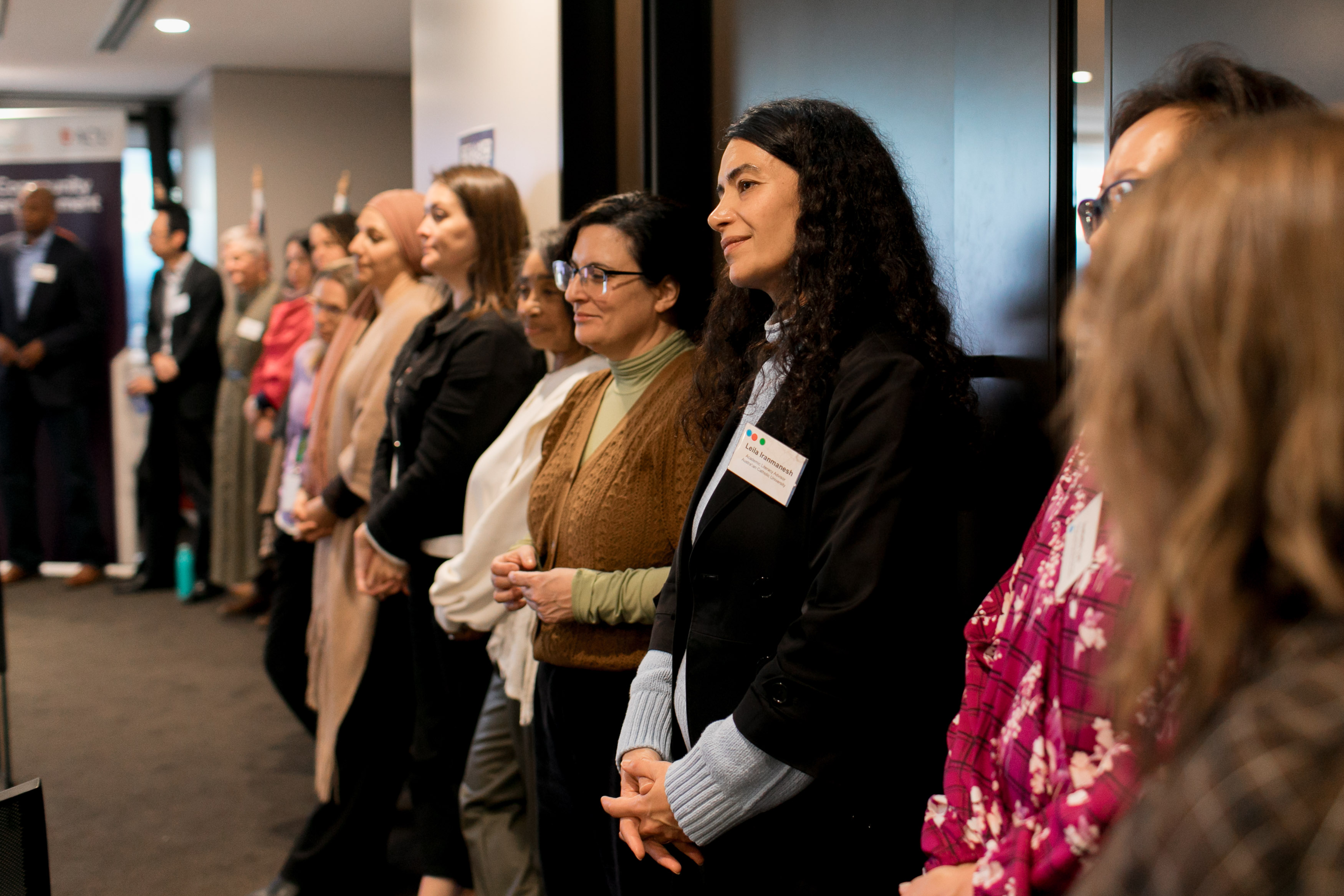Too often conventional journalism covers communities of color and other marginalized groups with bias, infrequency, and little connection with those communities. More disturbing is that the actions of real people of color making real change in their neighborhoods and lives are ignored in the media. Even worse are portrayals that people of color lack the agency to address the wrongs and find solutions that empower residents and improves conditions. And when covered, these stories are told from outside, not inside, the community. New directions in journalism recognize the importance of connecting and engaging with diverse communities to listen, build trust, and develop stories that include their voices and perspectives. Often termed collaborative, engaged, participatory and/or hyperlocal journalism, these initiatives reach into communities to better address social, racial, cultural and environmental issues impacting them. The Social Justice Reporting practicum is a two-quarter course that provides students hands-on experience collaborating with Chicago-area community-based organizations and communities of color to conduct primary source research, develop, produce and distribute media addressing social justice and equity, and community empowerment. The resulting stories of individual empowerment and neighborhood transformations are distributed on the podcast documentary series, Change Agents. This session will explore the best practices used to engage students to collaborate with community members and organizers to:
- build trust
- identify, develop and vet primary sources
- authentically reflect the voices and perspectives of residents in communities of color while using journalistic principles and integrity

|
Judith McCray is a multiple Emmy-winning journalist, filmmaker, and media activist with over 30 years' experience in public broadcasting and independent documentary production. She has worked with stations including WNET/New York, WTTW and WBEZ/Chicago, and WSIU/Carbondale, producing films for PBS and national public television that explore social justice themes. Her passion for finding the "ah-hah" moment in every story-one that can inspire and compel deeper understanding-has taken her to Sudan, Egypt, Kenya, Switzerland, Brazil and across the U.S., uncovering hidden truths and amplifying unheard, often overlooked voices. Raised on a family farm in Iowa by a grandfather who fled Jim Crow-era Mississippi, McCray has long used media to advocate for equity and change. She received the 2023 Leaders for a New Chicago award and currently serves as Senior Professional in Residence at DePaul University, where she teaches journalism and advises the NABJ student chapter. She holds a BSc from Northwestern University and an MA from Rutgers |

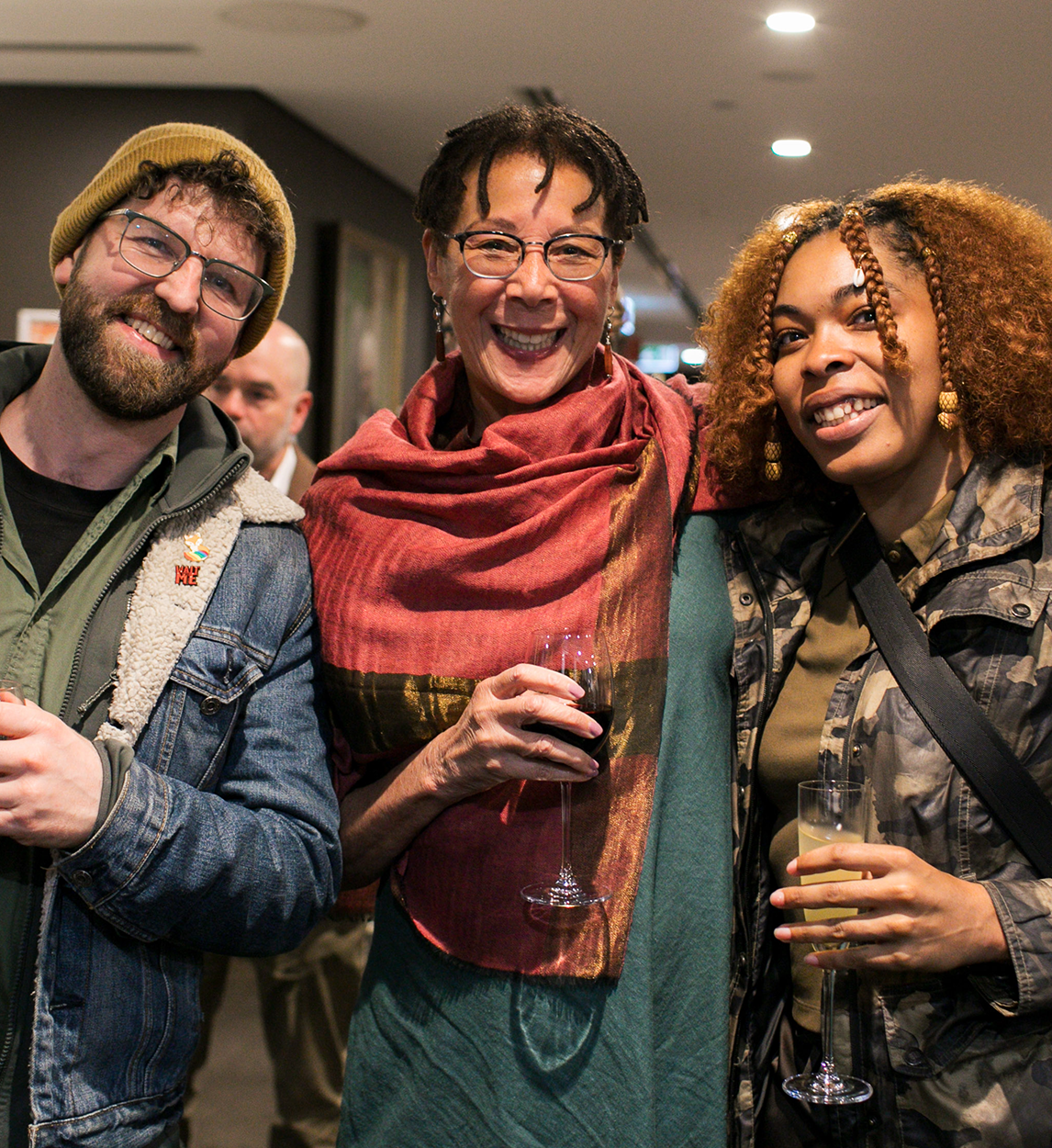
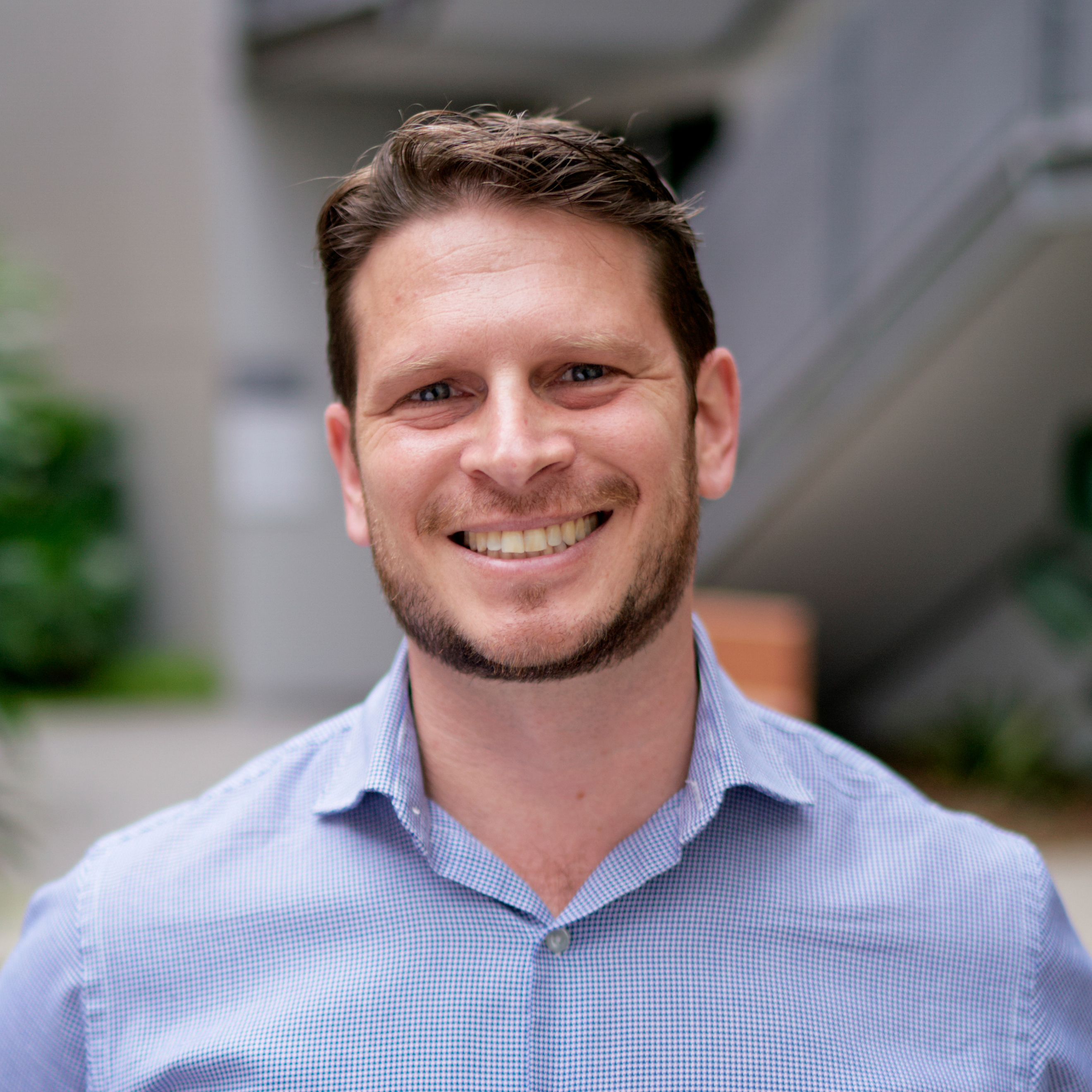














.jpeg?h=300&w=225&rev=a131b7321c33410584dd9d1b6d954d51&hash=738E7D7F87805D03374869C6A7F2EA32)

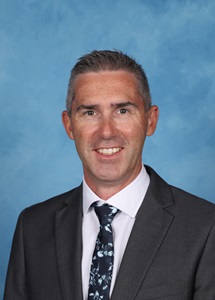


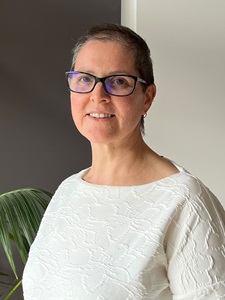
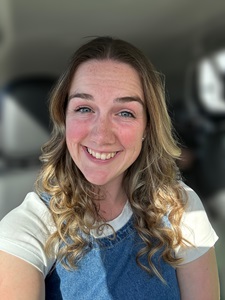
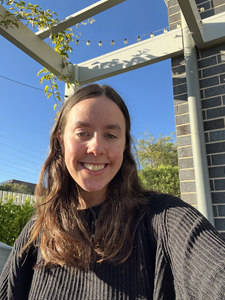



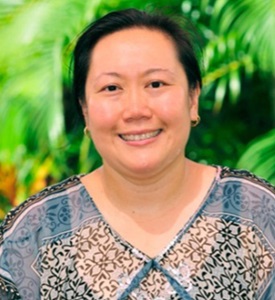
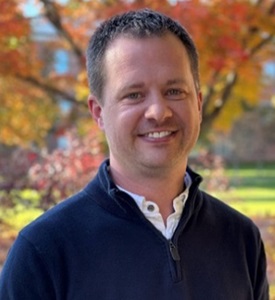
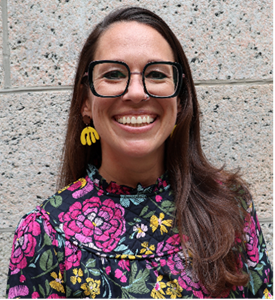
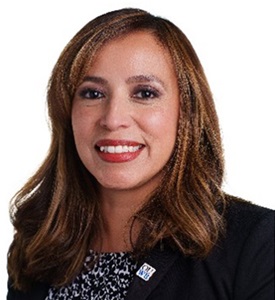





 Facebook
Facebook Twitter
Twitter LinkedIn
LinkedIn Copy Link
Copy Link
